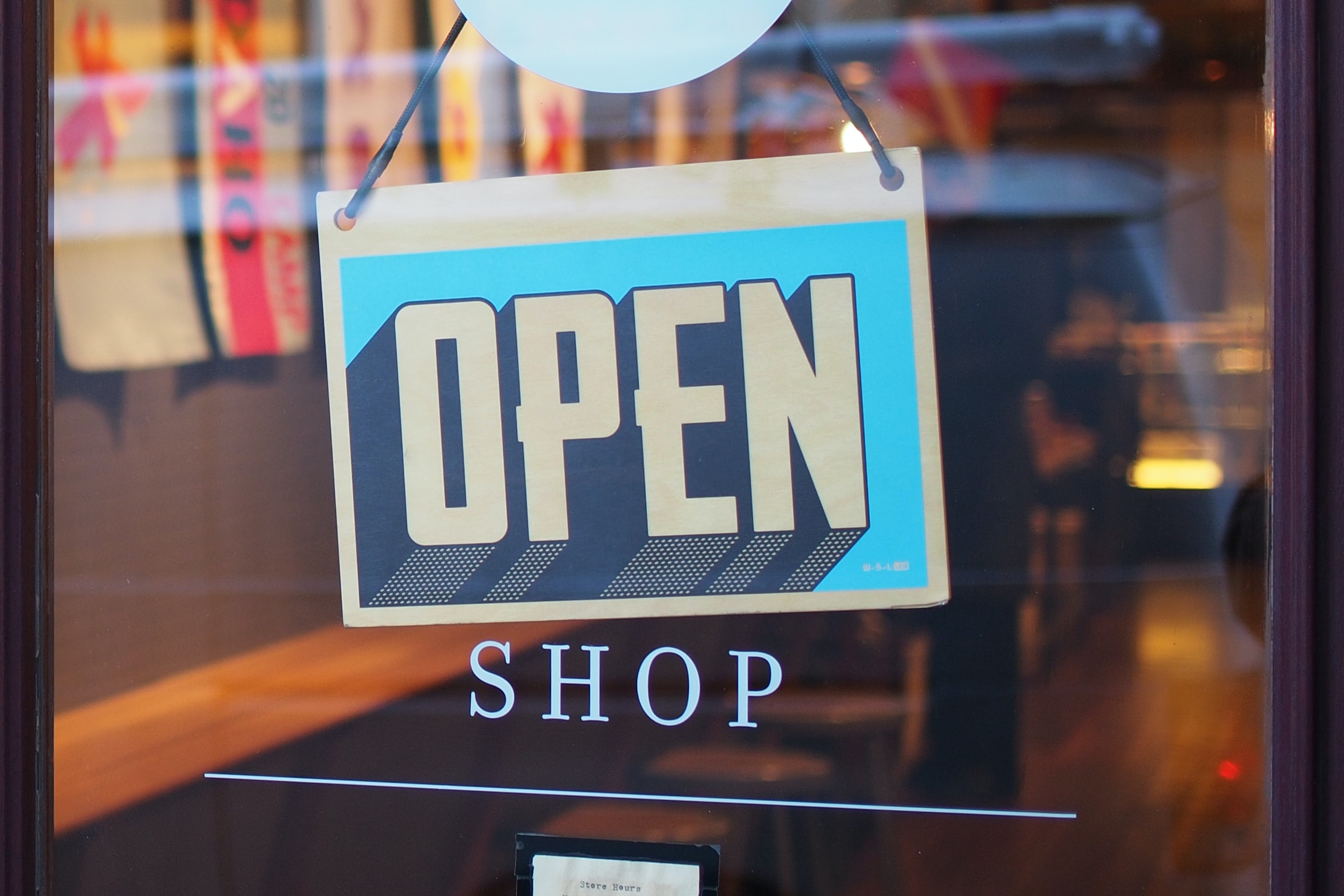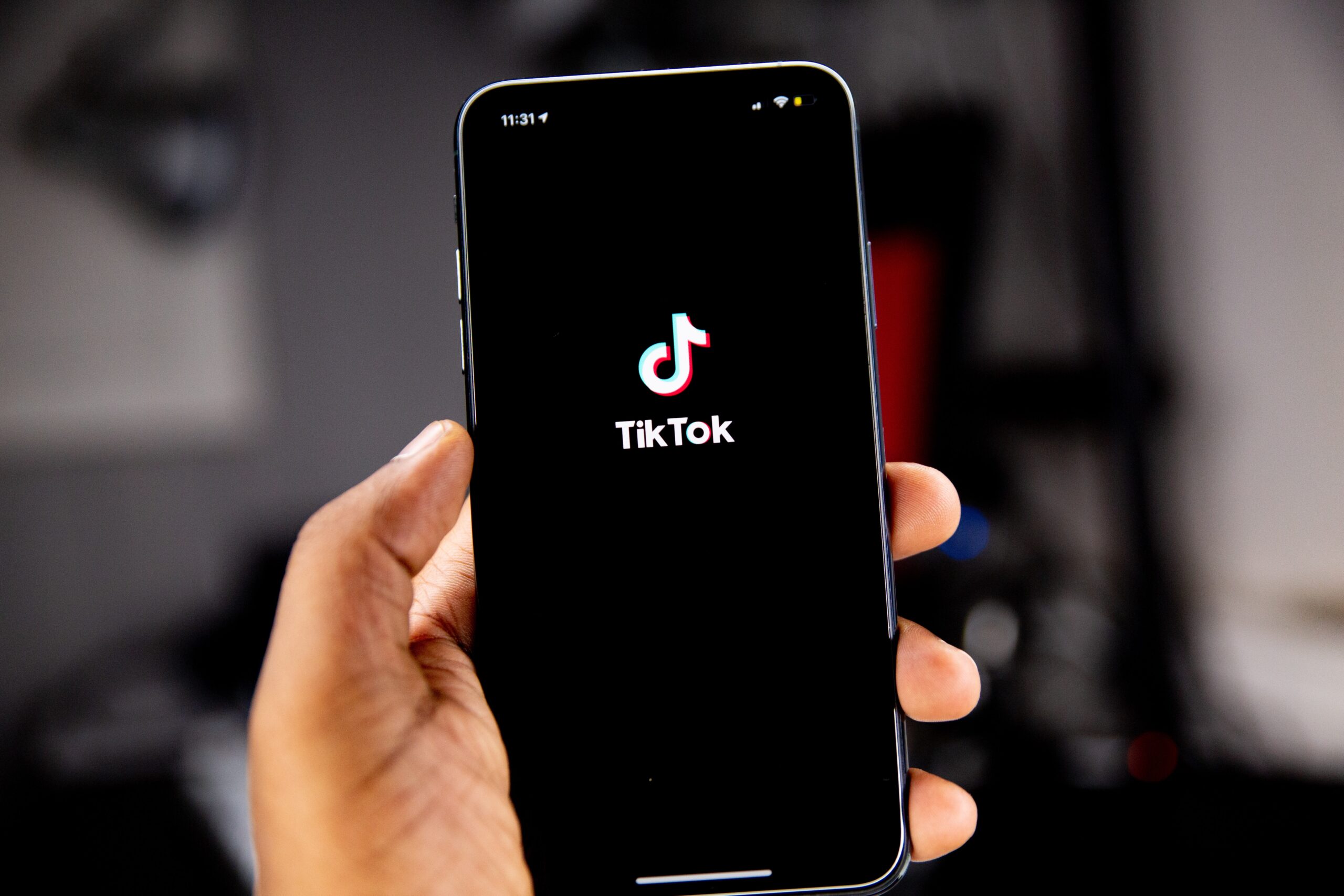Vodafone is another company that has been sorely affected by the global pandemic. Whilst it may seem that a company that has communications at its heart would have been ideally placed to cash in on the “work from home” boom, instead its revenue has dropped, mainly due to a reduction in roaming charges income.
After the company released its latest figures, the markets responded with the company’s shares falling sharply. On the FTSE 100 shares were down 6.68% -9.47p- to £132.32 ($187.91). However, this is still up on a year ago when the share price sat at £126 ($179).
A massive drop in the numbers of people traveling saw the telecommunications group’s total revenue slump by 2.6% to €43.8 billion ($53.5 billion). Added to the drop in roaming charges, there were also lower handset sales, the sale of its New Zealand interests, and unfavorable foreign exchange movements.
The group posted an annual profit of €536 million ($655 billion) against a loss of €455 billion ($566 billion) the previous year. In a statement released with the figures the company said that operating profit had risen by 24.3% to €5.1 billion ($6.2 billion)
In the statement, the telecoms giant said that it had delivered a resilient performance over the course of a year that had shown the value of connectivity. Nick Read, Vodafone’s chief executive, said that the group had ended the year strongly with accelerating service revenue growth across its business. He singled out Germany, its largest market, as having a particularly strong performance.
He went on to say that – “The increased demand for our services supports our ambition to grow revenues and cash flow over the medium-term.”
The company’s core industry is its mobile network. Despite the slump that this sector showed in its roaming charges revenue, it did expand its customer base. Across Europe, this grew by 2% to 65.4 million, and the rate of customer loss (contract churn) dropped from 14.6% to 13.7%.
Over the year it also eased its debt pile. In the year to March 2021, it dropped from €42 billion ($51.3 billion) to €40.5 billion ($49.5 billion). Its free cash flow fell to €5 billion, a drop of 11.9% year-on-year. This is just about as forecast after the company had strengthened investment in its network during the pandemic.
As part of a long-term strategy, Mr. Read has been focusing on Vodafone’s interests on the African and European Markets. As part of this strategy, it separated its infrastructure sector into a separate business and listed it on the Frankfurt Stock Exchange in March of this year.
Mr. Read said that the next part of the strategy would be focused on improving shareholder returns through deleveraging, committing to its dividend, and improving the return on capital.
Analyst Richard Hunter, head of markets at Interactive Investor said – “There is certainly much to do for Vodafone, particularly in a notoriously competitive sector which can often simply come down to price in the mind of the consumer.
‘The pandemic has had its own effect on revenues also, with an inevitable decline in visitor and roaming revenues, while handset sales have also suffered.”
Vodafone said that this year’s dividend would pay out a final dividend of 4.5 cents to its shareholders. This takes its full year’s payout to 9 cents, matching its 2020 scheme.



